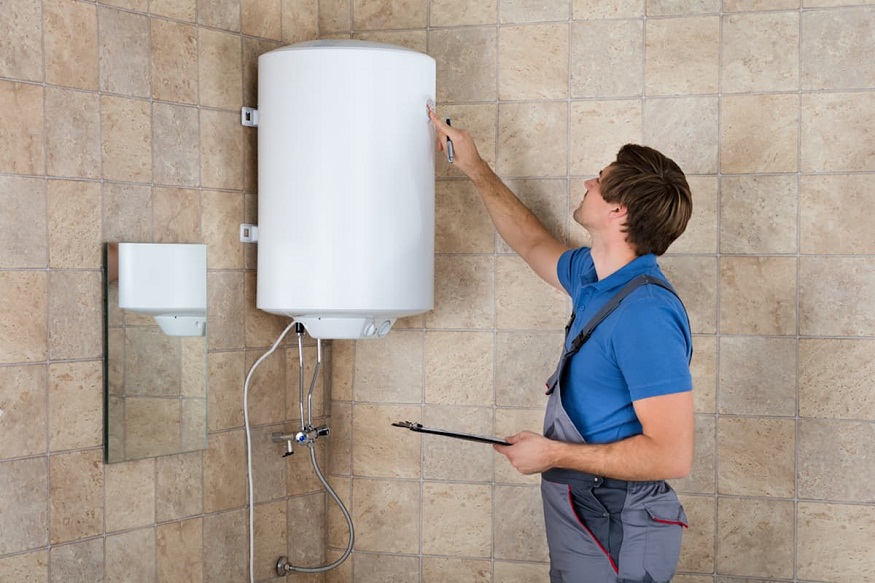Your storage water heater is one of the most essential appliances in your home, responsible for providing hot water for bathing, cooking, and cleaning. While these systems are built to last for several years, they don’t last forever. Over time, wear and tear can reduce efficiency and even pose safety risks. Recognising the signs that it’s time to replace your water heater can help you avoid cold showers, unexpected leaks, and costly energy bills. Here are the key signs that it’s high time to replace your storage water heater:
1. Age of the Water Heater
Most traditional storage water heaters have a lifespan of 8 to 12 years. If your unit is approaching or has surpassed this age, it’s wise to start considering a replacement, even if it appears to be working fine. As heaters age, they become less efficient and more prone to problems.
2. Rusty Water or Corrosion
If you notice rusty water coming from your hot water tap, it could be a sign of corrosion inside the tank. Visible rust or corrosion on the tank or around the fittings is a strong indicator that the quality of the tank is compromised, and a water leak could happen soon.
3. Rumbling or Popping Sounds
As electric geysers age, sediment builds up on the bottom of the tank. When the water heats up, this sediment hardens and causes rumbling, banging, or popping noises. Not only is this a sign of aging, but it also means your heater is working harder to heat the water, resulting in higher energy bills and reduced efficiency.
4. Water Around the Base of the Tank
Any moisture or pooling around the base of your water heater is a red flag. This could be due to a minor leak or a crack in the tank itself. Even small leaks can lead to water damage and mold if left unchecked. If you see water around your heater, shut it off and consult a professional immediately, as it’s likely that it needs to be replaced.
5. Inconsistent or Insufficient Hot Water
Are you running out of hot water more quickly than usual? Does the water temperature fluctuate unexpectedly? These are signs that your water heater is struggling to keep up with demand. This could be due to a failing heating element or a tank that’s no longer retaining heat efficiently.
6. Higher Energy Bills
Older water heaters are less energy-efficient, especially if they have accumulated sediment or if the heating elements are wearing out. If your energy bills have spiked without a clear reason, your water heater might be the cause. Upgrading to a newer, energy-efficient model can reduce your utility costs significantly over time.
Conclusion
Replacing your storage water heater can seem like a significant investment, but delaying the decision may lead to more serious issues such as water damage or complete system failure. If you notice any of these warning signs, particularly in an older unit, it is a smart move to start considering a replacement. Upgrading to a modern water heater ensures a steady supply of hot water, lowers your energy bills, and enhances the overall safety of your home.

